6 Ways to Practice Plastic Minimalism & Reduce Waste

Today we are talking about plastic minimalism, and I will start by explaining what I mean when I say plastic minimalism. I'm sharing how I avoid a big chunk of plastic waste. It takes a little bit more effort but also has a significant impact.
Table of contents
1. Minimizing grocery store plastic
When I started minimizing my plastic, I realized that the most significant amount of plastic had entered my home through the grocery store. So the first big change I made was going to the farmer's market. I've been shopping at the farmers market for over a year now, which has saved me a lot of plastic, but there were still many items I still needed to get at the grocery store.
Recently I placed an order at a zero-waste grocery store that sells food in jars. It allows me to buy these foods without packaging, which was unavailable elsewhere. Being able to buy less plastic waste gives me hope, and it also makes me very grateful that I can be part of a better, less wasteful future.
Sometimes, I still buy plastic packaging because I cannot buy a particular item without it.
When you try to buy plastic-free groceries, you have to put everything that comes in plastic on the scale because there are healthy and good items that you cannot find without any plastic. Then you have to decide if you want to lower your plastic waste or if you want to eat healthy foods. I just try to find a good balance between buying plastic-free food in jars and buying some food in plastic.
2. Composting
Another way I reduce waste is by composting. So all the scraps will go into the compost pile. We have the compost pile in the chicken meadow so the chickens can eat whatever they like, and the other scraps will be composted and used in the garden to grow veggies next season. We usually put the compost in the garden once a year. It's very good nutrition for your garden, and it basically means we don't have any green waste.
3. Avoiding plastic in the home
I'm not only trying to avoid single-use plastic, but I'm also trying to avoid plastic in general. My salad bowl is made from glass, the spoons are from wood, and I use a small coconut bowl to eat from. I prefer more natural materials for my everyday use. Still, I made the conscious decision not to throw away all my plastic items immediately but instead replace them gradually because I knew they would likely not be recycled. I will donate them to the thrift store, but you never know if they will ever get used again.
To make our compost pile work even better, we also put brown paper and cardboard boxes on it. Composting is quite simple. To get a good composting process, you need two brown materials and one green material. It's very good to put cardboard in there. Just make sure you don't put any printed paper in because the ink will not decompose.
4. Biodegradable laundry detergent
Next, I'm going to show you how I make biodegradable laundry detergent. I'm going to start by grating a piece of natural soap. Right now, I'm using Castile soap because this is what I happen to have on hand. You need between 30 and 50 grams of grated soap for a regular-sized bottle of detergent. After the soap is grated, I add it to hot water and ten drops of sweet orange essential oil.
This recipe is a detergent for a color wash. If you want to make a detergent for a whitewash, you can also add a couple of tablespoons of cleaning soda because it has a little bit of a bleaching effect. Today I'm not using any soda. I'm just reusing this bottle of detergent over and over again.
When the detergent cools down, it turns into a slimy jelly consistency. I use 50 to 70 ML on one load of laundry. I've been using this detergent for quite a while now, and it cleans pretty well. The scent doesn't last on your clothing, but I don't mind that. I also put the washing cycle on eco mode, so it saves energy and water.
5. Homemade dish soap
We need some warm water, cleaning soda, baking soda, a bottle, and that's it. For a regular-sized bottle of dish soap, I use one big tablespoon of baking soda and one big tablespoon of cleaning soda. We mix everything together and pour it into a bottle. When it cools down, it stays liquid, and it doesn't make foam but washes perfectly.
6. Dishwashers
I want to talk a little bit about dishwashers because it slightly annoys me that dishwashers are being greenwashed. After all, I don't think they are better for the environment than washing the dishes by hand. I haven't done any research about it. This is just common sense for me, so I wanted to share it with you. We have a dishwasher in this house, but we've never used this dishwasher. Today I wanted to share with you why there are people who say that research has shown that a dishwasher is better for the environment than hand washing.
I'm not saying there is no research that has been done to prove that, but I wonder what situations they use to make that evidence. Was the dishwashing done while running the tap for the entire time, or was it done while filling a tub of water and doing the dishes in that? Then there are also all the resources that are needed to produce a dishwasher that is very bad for the environment. After the dishwasher breaks, we are left with a big machine that needs to be recycled, which also takes a lot of energy, or some of the machines will be wasted on this planet, which is also pretty bad.
I think you should also consider who paid for the research because I think it's probably funded by a company that produces dishwashers and wants to sell them, so they have an interest in a specific outcome. They can manipulate the kind of research that has been done. So it's actually a pretty good selling tactic. I don't believe it.
Plastic minimalism
Do you strive for plastic minimalism? Share your strategies in the comments below. I love to hear from you!
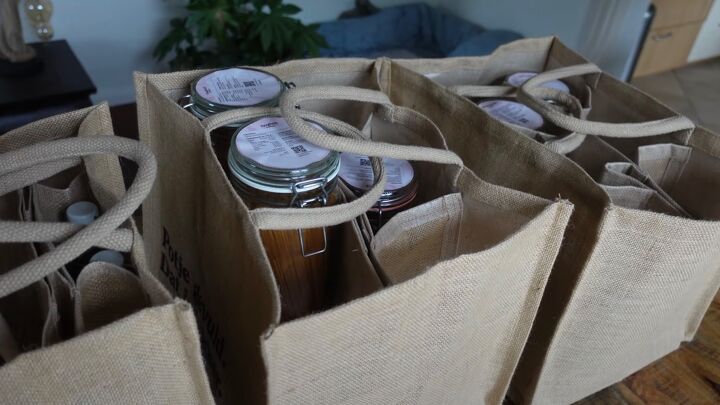







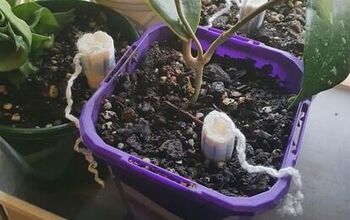
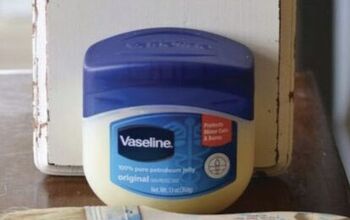

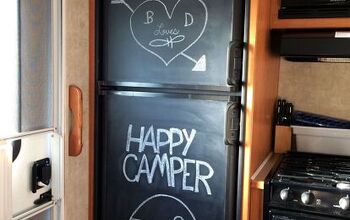

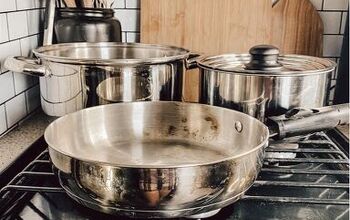
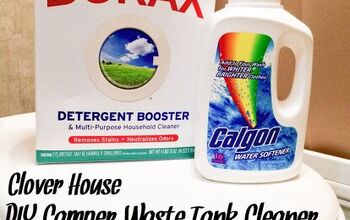
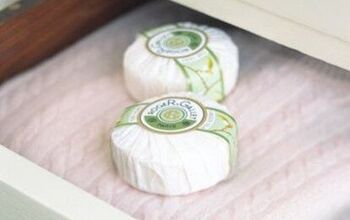
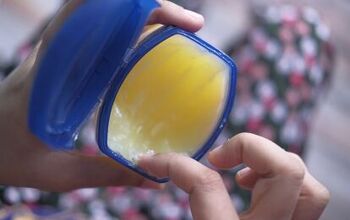
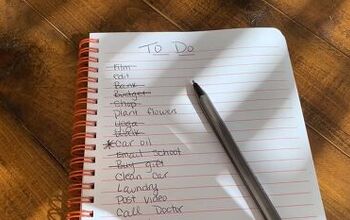

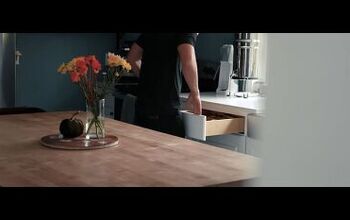
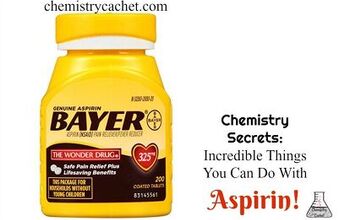
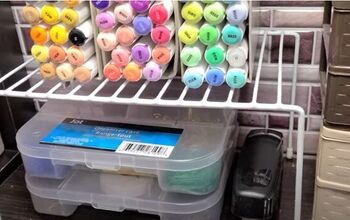
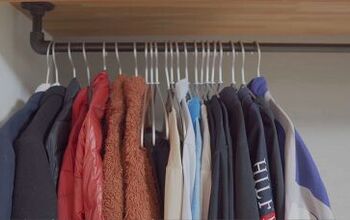
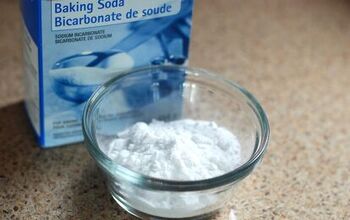
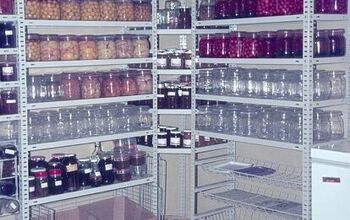
Comments
Join the conversation